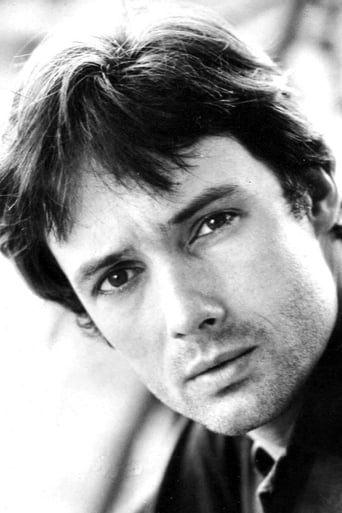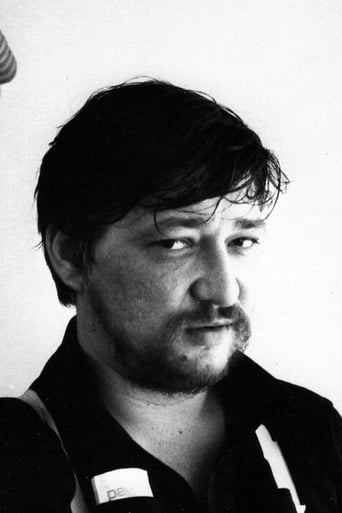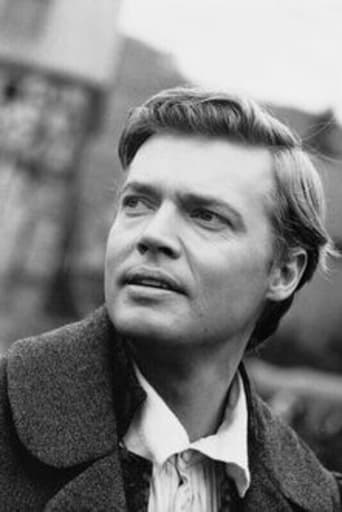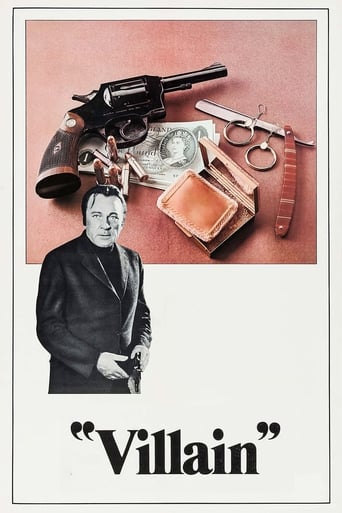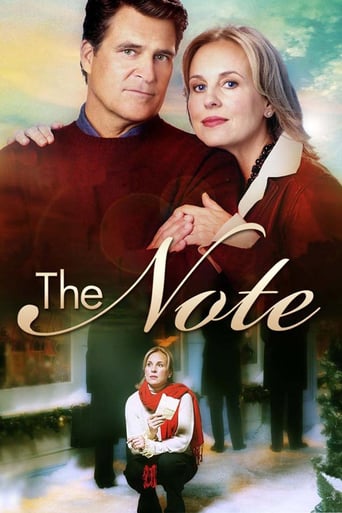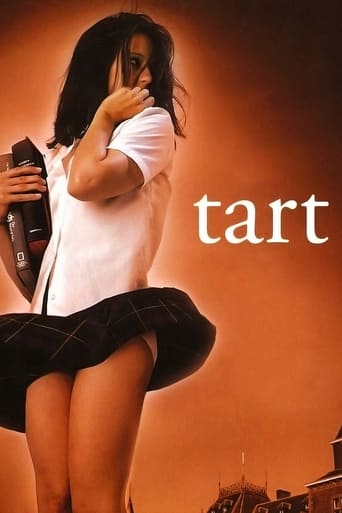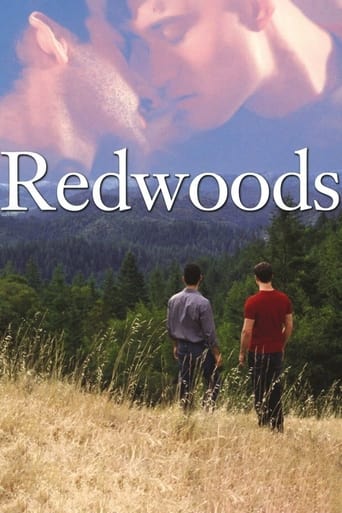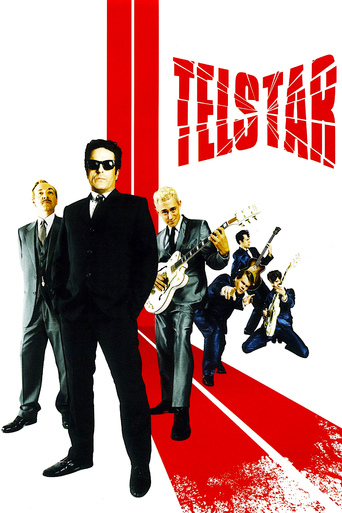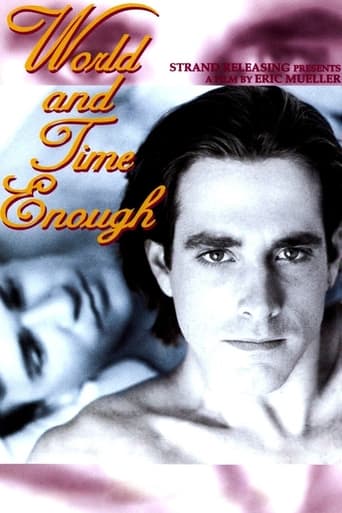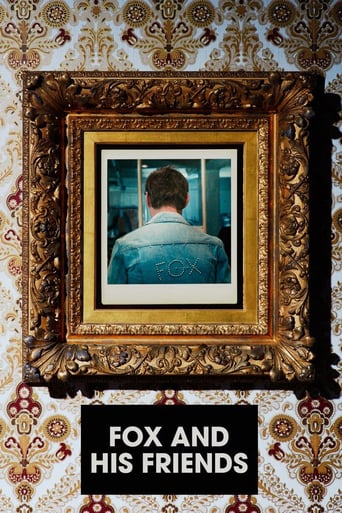
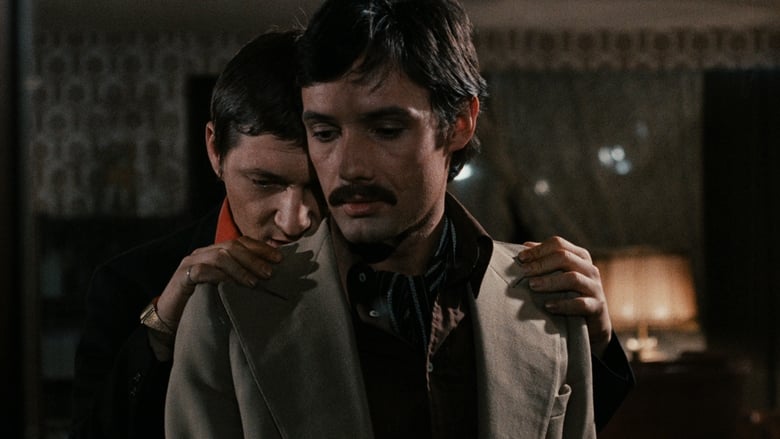
Fox and His Friends (1975)
Fox, a former circus performer, wins the lottery of DM 500,000 and can now have the life and things that he has always wanted. While he wants to climb up the social ladder, it isn't without turmoil, and being torn between his old working class roots, and the shiny new facade of middle class consciousness.
Watch Trailer
Cast


Similar titles
Reviews
Man has mastered the art of wielding Power. Show him an inch and he will become your slave, give him an inch and he will become your master. And you watch while he takes the whole nine yards around your hearth & eventually your gravestone as well. Fox and his Friends resonates many themes from Ali: Fear eats the Soul, Fassbinder's soothing, Melancholic masterwork. In 'Ali' the protagonists Emi and Eli literally dance into each other's arms whereas in Fox Eugen and Fox clash and spar with unabashed animal magnetism. Franz Bieberkopf a.k.a Fox is a variety show entertainer named The Speaking Head. He is an "abnormal on an Itinerant stage," as one line introduces us to him. His lover is arrested, the show is packed off and so is Fox, who is too polite and cowardly to remonstrate the Manager's unfairness. A latter line alludes to Fox being picked up from a "pubic urinal." 'Fox and Friends' is unapologetic and brutal in its portrayal of Sexual Politics and Power Equations. That it bases its premise on homosexuality is a moot point. What the mood of the film conveys or what the acting styles convey is a hopeless, recursive, silent Machinery laughing away at genuine peoples efforts to wriggle out. Fox's luck changes after an escapade he engineers. His singular belief in winning a lottery drives him to the deed though he is initially mugged after he legally borrows an amount. Fox is picked up by an aristocratic gent named Max. This brief scene is memorable for the three lightning edit cuts and freeze frames that show a rendezvous being established through codes and signals.Fox is introduced to Max's friends and is promptly attracted to and simultaneously repulsed by Eugen Thiess, a vain and ambitious bourgeois upstart. These are probably Fox's most liberating moments; when his street gab and penny tricks help him parry Eugen's sarcasm. But these defenses are soon exhausted when Fox's limitations loom large. He is ugly, poor, unschooled and "unskilled," as Eugen later points out. He is a homosexual from the streets. He will find no sympathy in a society that compels one to find power and to use it. His "proletariat potency," he knows is transient and viewed as a natural disposition to "boozing, scoffing and screwing." Eugen is an opportunistic entrepreneur who is quick to move in on Fox's vulnerability to acquire all the trappings that will win him society's approval.The editing here has amaelstrom like effect; events unspooling at a breathless pace, sharply contrasting the layers being peeled off Max's slight persona. Eugentactfully manipulates Fox as he climbs the social ladder, rescuing a family business and acquiring tasteful 'possessions.' Fox is useful for as long as he has the prize money. Eugen's family is respectful to Fox when in need but quickly change colors when tides change. Fassbinder casts himself as Franz and his interpretation of the role is pitch perfect. Peter Chatel is suitably stoic as Eugen, the scheming lover. I could sense an icy chillness each time Karlheinz Bohm appeared on screen. It was no small surprise when my rusty memory discovered that my only introduction to his work was in Michael Powell's icy, voyeuristic 'Peeping Tom.' Bohm as Max the antiques dealer infuses a chilling, menacing air to his character. Intermittent and lurking, he lands up at important intervals in Fox's journey. Michael Ballhaus' (also a Kubrick and Scorsese regular) camera-work has a languid dexterity that together with Fassbinder's frames create moments of lingering pathos. Filters and geometrical motifs accentuate the fractured personalities and hollowness of meaningless lives. The contributions of other characters lend a dramatic weight to the final act of betrayal – the stampede of the Herd. Two performances merit special mention; Hans Zander as the snide barman Springer and Peter Kern as the lecherous florist 'Fatty' Schmidt. The subject matter of the film created a huge controversy upon release. Fassbinder was accused of being homophobic despite being openly homosexual. There are some nude male frontal scenes that have never been depicted so openly since. Some frames depict young boys as Adonis like props, objectified for sexual predators or as mute adornments in depraved Saturnalia. In one telling scene Fox blocks out the reflection of a nude boy to prevent Eugen from looking on. In a polarized world Fox is easy meat, even for the weakest of predators. His body is the only commodity he can sell and as Eugen explains " Fox is not the kind of guy money can make rich."With 'Ali,' Fassbinder floored me. With 'Fox' he has me hooked for life. My personal rating- 7.8/10
In "Fox and His Friends" (1975) which Rainer Werner Fassbinder wrote and directed, he played a main character, Franz Bieberkopf alias "Fox", a lower class, uneducated circus worker who loses his job when his lover, the circus owner is arrested and sent to prison for tax fraud. Fox believes in his luck and strikes it rich by winning 500,000 marks in the lottery and very soon attracts the attention of an elegant, posh, and sophisticated Eugen who knows very well how to make Fox pay for his expensive habits and how to make him invest a lot of money in his father business that is not very successful to say the least. What fascinated me the most - how convincingly Fassbinder - one man production company who came up with the idea, wrote the screenplay and directed the movie- played seemingly tough but as it turned, confused and vulnerable Fox. Another interesting aspect of the movie is the way Fassbinder describes the gay community in Germany of the early 70s. He does not make any excuses and he does not make his characters complete villains or innocent victims. The story he tells could've happened in any community.
A homosexual fair ground performer Franz Fox wins the lottery and is soon seduced by an upper class man Eugen who appears to be after only one thing, Franz's money.Not a bad film, just a bit long and at times rather dreary. There is not much of a story to it but there are numerous interesting characters along the way that Fox encounters.The hideous character of Eugen is played rather well by Peter Chatel, a snob who looks down his nose at the working class Fox. In addition, Max (played by Karlheinz Bohm of 'Peeping Tom' fame),plays the older man who seems to care for Fox to some extent. Rainer Fassbinder plays Fox very well and one cannot help feeling sorry for Fox who has fallen for a sneaky and deceitful man. An OK film, a little trippy at times but not recommended particularly highly by this viewer.
One of Fassbinder´s most sad, dramatic films. Very 70´s and interesting. The gay theme must have been very provocative in these times. But if you want to watch another, even more gay film by him, watch his final movie "Querelle" (after the novel "Querelle de Brest" by Jean Genet). For me this one is a ´9´.


